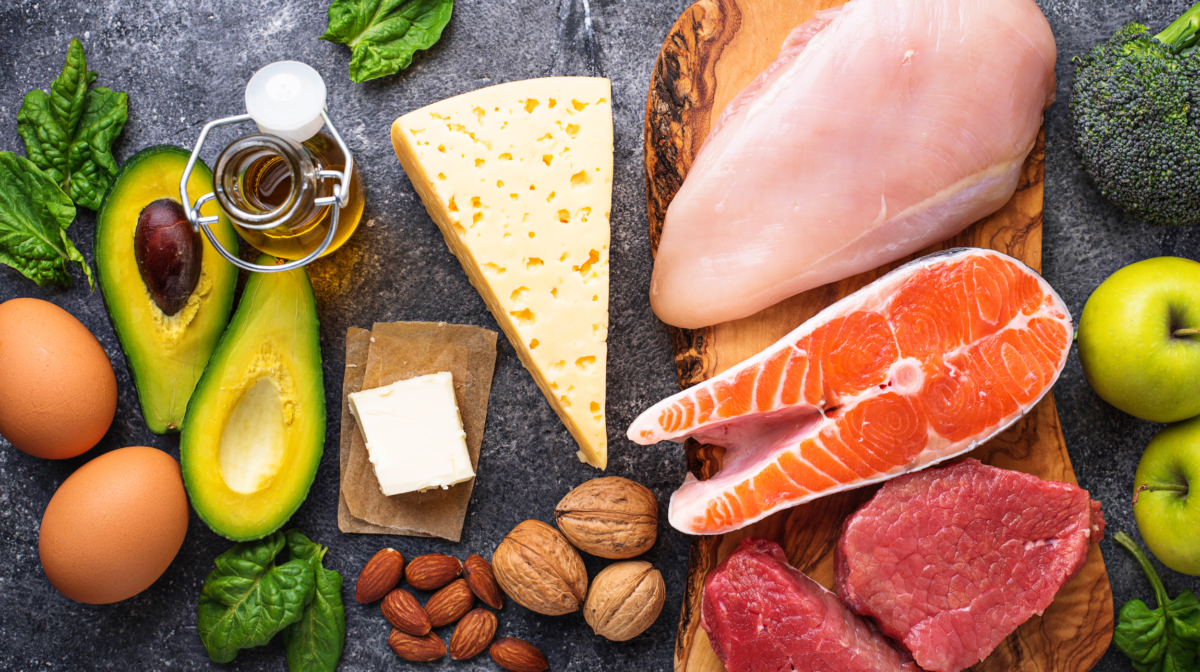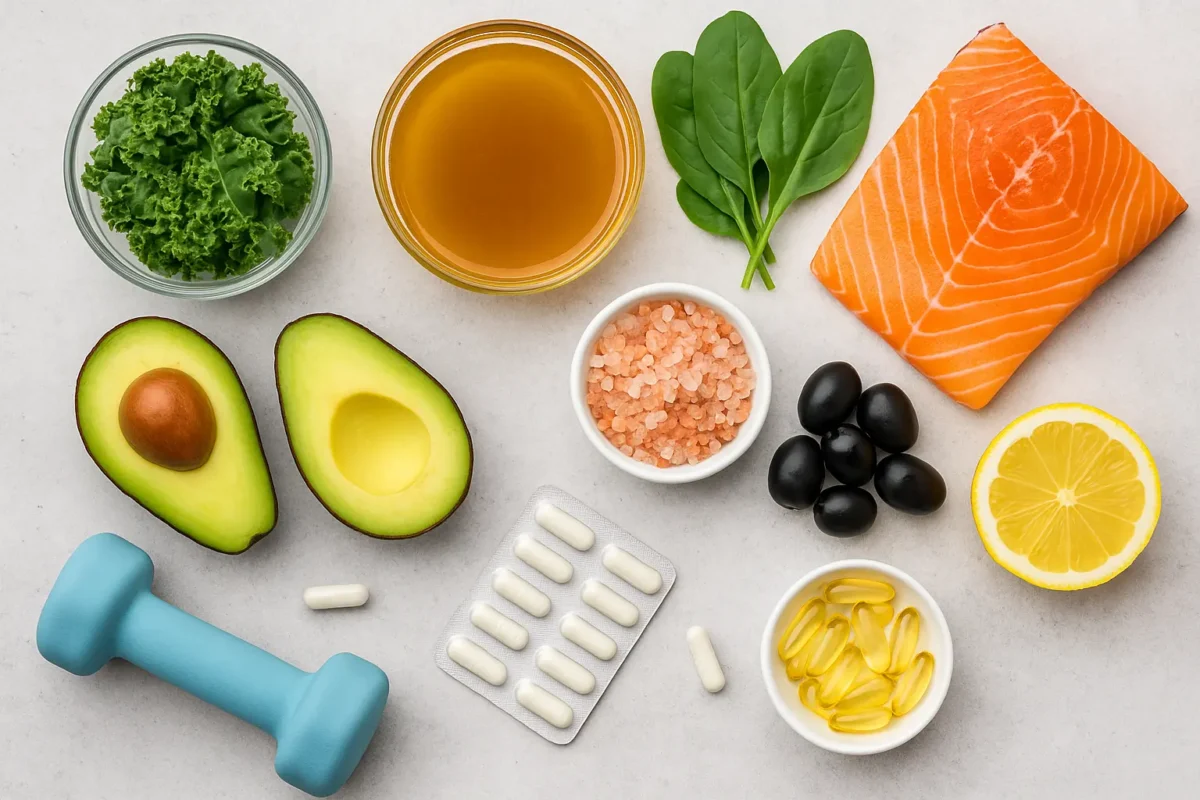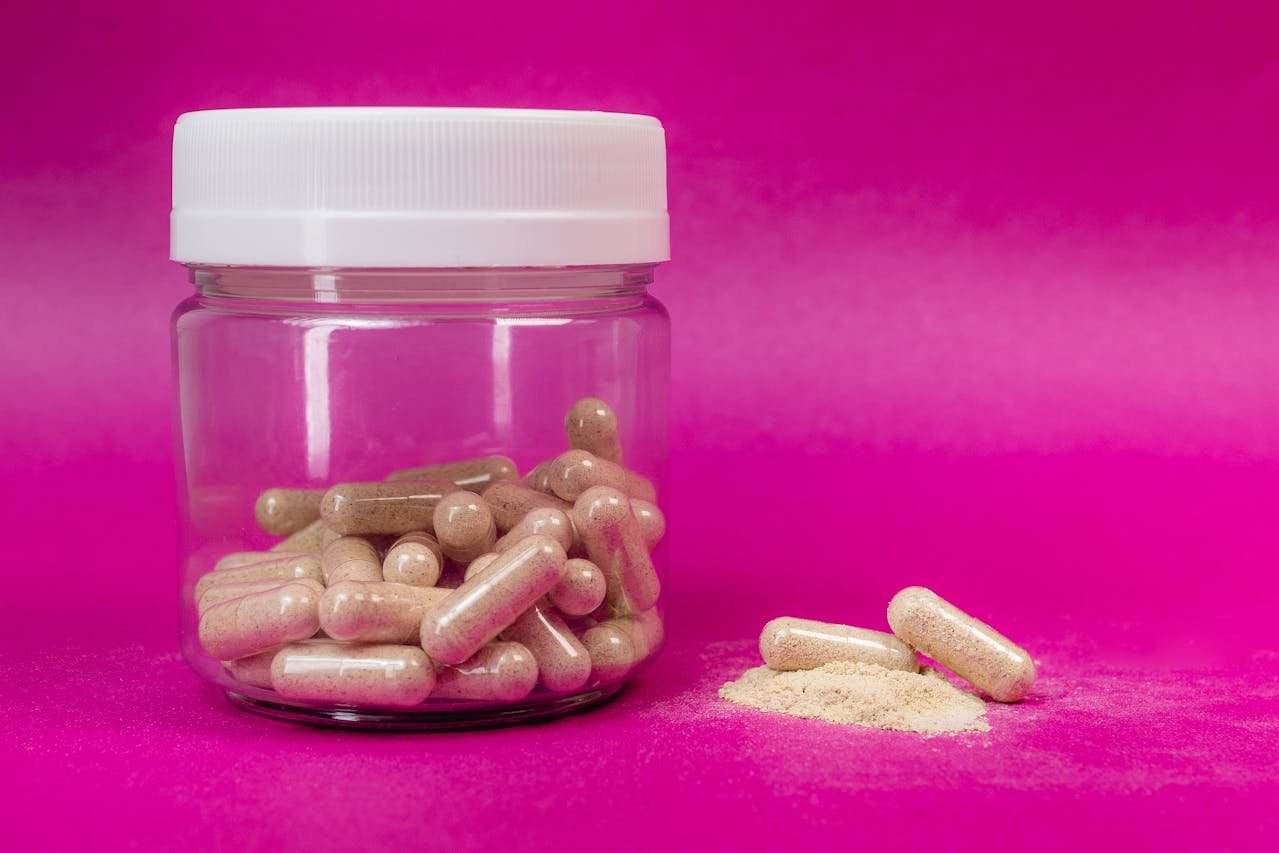What is the Flu That Comes with the Keto Diet?
The keto diet, also known as the ketogenic diet, is one of the most popular ways to lose weight and improve your metabolism. When you eat a lot less carbs and a lot more fats, your body goes into ketosis, which means it burns fat for energy instead of glucose.
A lot of people say that going on the keto diet makes them lose weight quickly and clears their minds, but the transition to ketosis isn’t always easy. A lot of people get what is known as the “keto flu” during the first few days, sometimes even a week. This group of symptoms is similar to the flu and can make the first few days of keto hard.
Common Signs of Keto Flu
- Headache
- Tiredness
- Fog in the brain
- Being irritable
- Feeling dizzy
- Feeling sick
- Cramps in the muscles
- Can’t sleep
- Wanting sugar
These signs happen when your body starts to use fat instead of glucose as its main source of energy. It’s a natural process of adaptation, but it can be uncomfortable. Fortunately, there are tried-and-true ways to treat keto flu that make the change easier and help your body adjust faster.
What Causes the Keto Flu?

Before we can learn how to treat the keto flu naturally, we need to know what causes it.
Lack of Glycogen
When you eat fewer carbs, your body uses up its glycogen stores. Glycogen binds with water in your liver and muscles, so when it runs out, your body loses water quickly. People often lose weight quickly in the first few days of keto because of this initial water loss. But it also causes dehydration and loss of electrolytes, which are two of the main causes of keto flu symptoms.
Imbalance of Electrolytes
Magnesium, potassium, and sodium are all important electrolytes. You might feel dizzy, weak, or irritable when they leave your body because you lose glycogen. These imbalances are a big reason why people with keto flu feel bad.
Withdrawal from Carbs
If your body is used to eating a lot of sugar and refined carbs, cutting them out can make you feel like you’re going through withdrawal. Your body reacts strongly when you suddenly stop getting a regular source of fuel, just like when you stop drinking coffee or alcohol.
Natural Ways to Treat Keto Flu That Work
The good news is the keto flu doesn’t last long, and there are natural ways to make it much less likely to happen. Here are some tried-and-true keto flu remedies that really work.
Stay Hydrated, But Not Just with Water
One of the main reasons people get keto flu is because they are dehydrated. But only drinking water can make an electrolyte imbalance worse. You also need to get more minerals.
Best Ways to Rehydrate Naturally:
- Put sea salt in your food or drink. Pink Himalayan salt is best because it has trace minerals.
- Drink bone broth, which is high in potassium, sodium, and amino acids.
- Coconut water (without sugar) is a natural source of potassium.
- You can make your own electrolyte drink by mixing water, lemon juice, a little salt, and magnesium citrate.
Expert Tip: You should drink at least half of your body weight in ounces of fluid every day. If you weigh 150 pounds, you should drink 75 ounces of fluid.
Get Your Electrolytes Back by Eating Whole Foods
Electrolytes are important for your body to work right. Getting them back from real food helps your body heal and adjust more quickly.
Foods High in Magnesium:
- Seeds from pumpkins
- Spinach
- Chard from Switzerland
- Avocados
Foods High in Potassium:
- Avocados
- Mushrooms
- Zucchini
- Greens with leaves
Sources of Sodium:
- Juice from pickles (not sweet)
- Olives
- Seaweed chips
- Nuts with salt and no sugar added
These foods are a natural and long-lasting way to fix imbalances and keep your energy up.
Take It Slow When You Start Keto
Going from a diet high in carbs to a strict ketogenic diet overnight can shock the body. A slow cutback on carbs is a good long-term plan.
How to Taper:
- Week 1: Cut back on carbs to 100 grams per day.
- Week 2: Cut back to 50g a day.
- Week 3 and beyond: Go full keto (20–30g net carbs per day).
This slower method helps your body “adapt” to fat over time, which makes flu-like symptoms less severe.
Put Healthy Fats First
Some fats are better than others. Eating good fats helps keep your energy up and clears your head while you adjust to the keto diet.
The Best Fats for Early Keto:
- Olive oil from extra virgin olives
- Avocados and oil from avocados
- Butter or ghee made from grass-fed cows
- Medium-chain triglycerides (MCT) oil
- Fish that are high in fat, like salmon or sardines
- Oil from coconuts
These fats are easy to digest and help your body make ketones, which give you steady energy as you change.
Don’t Be Afraid of Carbs Too Much at First

For some people, keeping a small amount of healthy, slow-digesting carbs in the first week can help them make the switch.
Sources of Strategic Carbs:
- Sweet potatoes (in small amounts)
- Berries, such as blackberries or raspberries
- Moderately carrots or beets
- Quinoa or buckwheat (if you don’t want to be too strict)
You might be able to lessen the severity of keto flu without significantly slowing down ketosis by keeping your carbs to about 50g per day during the transition.
Move Your Body—Slowly
While intense workouts may make symptoms worse at first, gentle movement can help with lymph flow, mental clarity, and energy.
Things to Do:
- Walking, especially outside
- Stretching or yoga
- Going for a swim
- Light cycling
These types of low-intensity exercise get your endorphins going and help your body learn to use fat as fuel.
Sleep Well
A lot of people with keto flu have trouble sleeping. But your body fixes itself and gets used to new things while you sleep. Lack of sleep can make you more tired, irritable, and hungry.
How to Sleep Better on Keto:
- Screens should be turned off an hour before bed.
- Epsom salts are high in magnesium, so take a warm bath with them.
- Drink tea made from valerian root or chamomile.
- Don’t drink caffeine after 2 p.m.
- Keep your room dark and cool.
Deep rest helps your body stabilize its energy levels faster and balance its hormones.
Think About Taking Natural Supplements if You Need To

Supplements can help if your symptoms don’t go away or you’re really low on energy, but food first is best.
Supplements That Can Help:
- Magnesium glycinate or citrate can help with cramps, sleep, and mood.
- Potassium citrate helps nerves and muscles work properly.
- Sodium tablets (for athletes) stop dizziness and low blood pressure.
- MCT oil: increases the production of ketones and energy
- Omega-3s help the brain work better and lower inflammation.
If you have any underlying health problems, you should always talk to a doctor before taking supplements.
Keep an Eye on How Stressed You Are
Stress makes cortisol levels go up, which can slow down ketosis and make the keto flu worse. A calmer mind makes it easier to adapt.
Ways to Naturally Lower Stress:
- Meditation or deep breathing
- Writing in a journal
- Soft walks in nature
- Listening to music that makes you feel good
- Teas made from herbs, such as lemon balm or ashwagandha
When you lower your stress levels, your body can better adapt to keto because your internal environment is more stable.
Long-Term Plans to Prevent Future Keto Flu
Even after you’ve made the switch to ketosis, life gets in the way—vacations, holidays, or “cheat” days with carbs. These tips will help you avoid getting the keto flu again if you stop ketosis and start again later.
Stay Aware of Your Electrolytes
Even people who have been on the keto diet for a long time need to keep track of their electrolytes. Make it a point to get sodium, potassium, and magnesium every day through food and drinks.
Carb Cycling with a Goal
If you do carb cycling (switching between low and moderate carb days), make sure to plan them carefully so you don’t have any spikes or crashes. Always go back to low-carb days, and make sure to drink plenty of water and eat healthy fats.
Stay Fat-Adapted for a Long Time
It gets easier to burn fat for fuel the longer your body does it. You train your metabolism to be strong by eating keto foods all the time and fasting every now and then.
Keto Flu Success Stories from Real Life
Laura, 35, from Oregon:
“I quit my first keto attempt because I had headaches and was tired. The second time, I took it slow and added bone broth, and it worked. No keto flu this time!”
Javier, 42, lives in Texas:
“I’m a firefighter, and staying hydrated is very important for my job. I started taking magnesium and drinking salted water right away when I went keto. It made a big difference.”
These stories show that being aware and ready can make a hard situation easier to handle.
When to Get Medical Help
The keto flu is usually mild and goes away quickly, but if you have very bad symptoms like:
- Vomiting that doesn’t stop
- Heartbeats that are too fast
- Fainting
- Very weak muscles
You should talk to a doctor now. People who have kidney problems, adrenal problems, or who are taking certain medications should do keto with the help of a doctor.
Last Thoughts
The keto diet has many health benefits, such as helping you lose weight, controlling your blood sugar better, and making your mind clearer. But if you’re not ready, the keto flu can be an unpleasant side effect.
Fortunately, natural, tried-and-true keto flu remedies can help you avoid or greatly lessen discomfort as you switch to ketosis. Staying hydrated, keeping your electrolytes in balance, eating healthy fats, moving gently, and managing stress are all very important.
These basic strategies aren’t fads; they’re based on basic biology and nutrition science. When you use them, you’re not just getting rid of temporary symptoms; you’re also making your metabolism stronger and more resilient for years to come.









